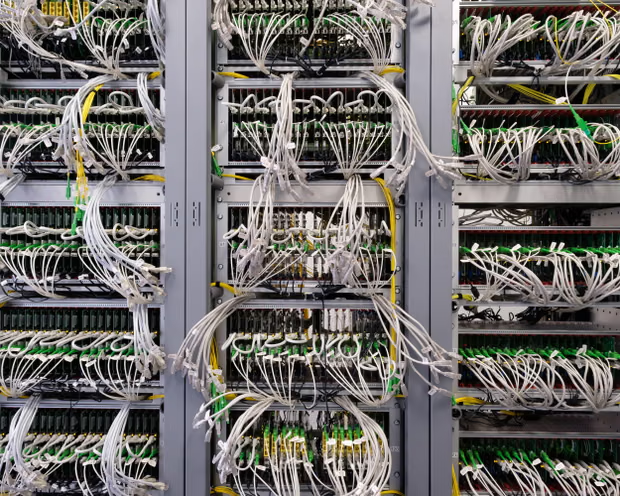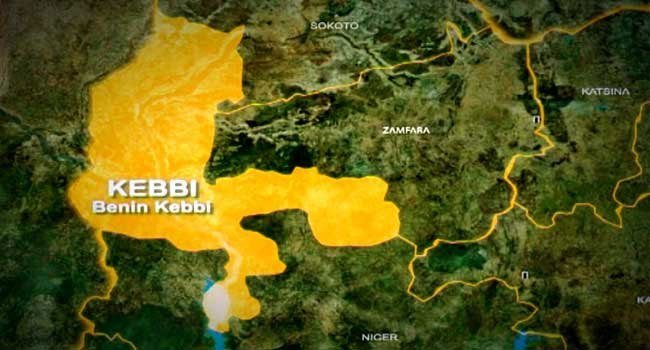Now Reading: Could the Internet Ever Go Dark? Experts Warn of a Fragile System Holding the World Together
-
01
Could the Internet Ever Go Dark? Experts Warn of a Fragile System Holding the World Together
Could the Internet Ever Go Dark? Experts Warn of a Fragile System Holding the World Together

If the internet suddenly vanished tomorrow, the world would wake up to chaos. ATMs would freeze. Emails would vanish. Smart locks, phones, and even refrigerators would go silent. In an age where everything from love letters to billion-dollar trades happens online, the world’s greatest invention also stands on surprisingly fragile ground.
A recent outage at a major datacentre in Virginia offered a chilling reminder that even the internet’s foundations can crack. Experts warn that decades-old systems and hyper-centralized networks could one day fail catastrophically — not from an alien invasion, but from a chain reaction of technical or natural events.
“It could start with something as simple as a few datacentres going down,” explains Michał “rysiek” Woźniak, a DNS systems expert. “We’ve concentrated so much of the internet in so few places that when one hiccups, millions feel it.”
Imagine a summer tornado ripping through Council Bluffs, Iowa — home to a crucial Google datacentre cluster powering YouTube, Gmail, and other global services. In an instant, emails stall, cooking videos crash, and workplaces grind to a halt. Before engineers can respond, a heatwave fries another cluster in Virginia’s “Datacentre Alley,” where Amazon Web Services (AWS) handles much of the world’s cloud traffic.
Then comes the domino effect. A cyberattack hits Europe’s servers in Frankfurt and London. The sudden redirection of traffic overloads smaller data hubs. AI-written code — now managing many cloud operations after massive layoffs — misfires, triggering further collapses.
Soon, Netflix, Slack, Signal, and even bank networks fall offline. “Technically, two computers and a router are still an internet,” notes Doug Madory, an internet disruption analyst. “But good luck watching YouTube or checking your balance.”
The internet’s weakest points aren’t only above ground. Undersea cables, which carry 95% of global data, snap hundreds of times a year. Normally, traffic reroutes in seconds. But experts fear that simultaneous cable damage — or a coordinated strike — could sever regions entirely.
Yet the nightmare scenario lies deeper still, within the aging architecture that runs the web. A bug in BIND, the software supporting the Domain Name System (DNS), or a glitch in the Border Gateway Protocol — the digital map directing all internet traffic — could, in theory, break the global web.
“If the internet ever truly shut down, we don’t even know if it could be restarted,” says Prof Steven Murdoch of University College London. “No one’s ever had to reboot the entire thing.”
The UK reportedly once had a contingency plan: a secret pub outside London where top engineers would meet if the web ever died. Whether that plan still exists, no one can say.
Until then, the internet keeps humming — fragile, invisible, and frighteningly indispensable.




